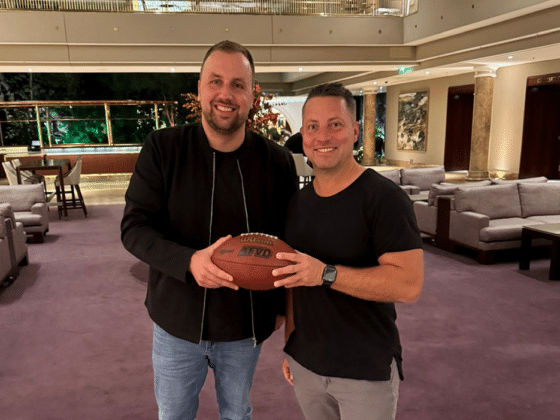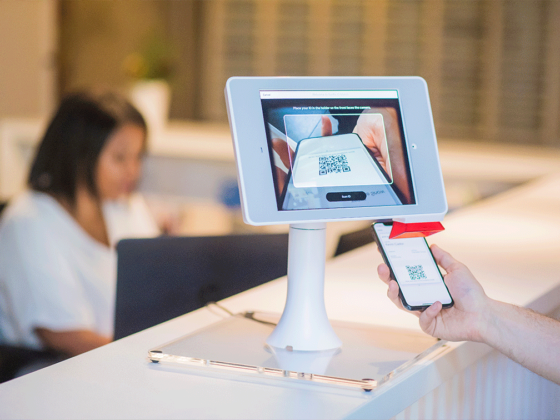Online ticketing is vital for event organizers today – it enables fast sales, efficient guest registration and convenient access to events. However, digitalization also increases the risk of cyberattacks, ticket fraud and data misuse. Hackers are trying to gain access to sensitive user data, bots are buying up tickets in bulk to resell them at inflated prices, and fraudulent tickets can lead to admission problems. The consequences? Frustrated customers, financial losses and a massive loss of trust in the event organizer’s brand. This makes it all the more important for an online ticketing system to meet the highest security standards. But what security aspects should event organizers pay attention to?
ticketing
systems
The protection of personal data is a central element of every ticketing system. A GDPR-compliant system ensures that personal information such as name, address or payment data is processed securely. Role-based access controls are also important: tiered access rights protect sensitive data, as not every employee has unrestricted access to the system. Multi-factor authentication (MFA) also provides additional security by requiring a second confirmation factor in addition to the password. Encryption technologies such as SSL/TLS ensure that data transmissions cannot be intercepted by third parties. A secure ticketing system thus minimizes the risk of data misuse and strengthens the confidence of ticket buyers.
Fake tickets or bulk purchases by bots not only affect ticket sales, but also the visitor’s event experience. High-quality online ticketing platforms therefore rely on technologies such as captchas and bot detection software to prevent automated purchases. Dynamic QR codes and NFC tickets prevent tickets from being copied or used multiple times. The system should also offer mechanisms to regulate resale, for example through personalized tickets or a limit on the number of tickets per customer. This keeps ticket sales fair and secure – and protects event organizers from loss of revenue due to fraud.
against
ticket fraud
payment
processing
A secure ticketing system must guarantee protected payment processing in order to prevent fraud and data misuse. This includes PCI DSS compliance, which ensures the highest security standards for credit card payments. Tokenization technologies guarantee that payment information is not stored in the system but is processed in encrypted form. SSL/TLS encryption prevents payment data from being intercepted during the transaction. In addition, measures such as 3D Secure (e.g. Verified by Visa or Mastercard SecureCode) are essential to detect fraudulent payments. Event organizers should therefore only use ticketing providers that promise the highest security standards in payment processing.

Then use our virtual chat assistant David and
message the egocentric Systems team directly.
egocentric Systems – High Security for your Ticketing
- GDPR-compliant data processing: protection of personal data to the highest standards
- PCI-DSS-compliant payment processing: maximum security for credit card payments
- Tokenization & 3D-Secure: Payment data is not stored, additional authentication for more protection
- Limitation of ticket purchases: Prevents bulk purchases and ticket scalping
- Tiered access rights for system users: data protection by assigning different roles with different access authorizations

egocentric Systems becomes official ticketing partner of the German Football League
READ NOW








